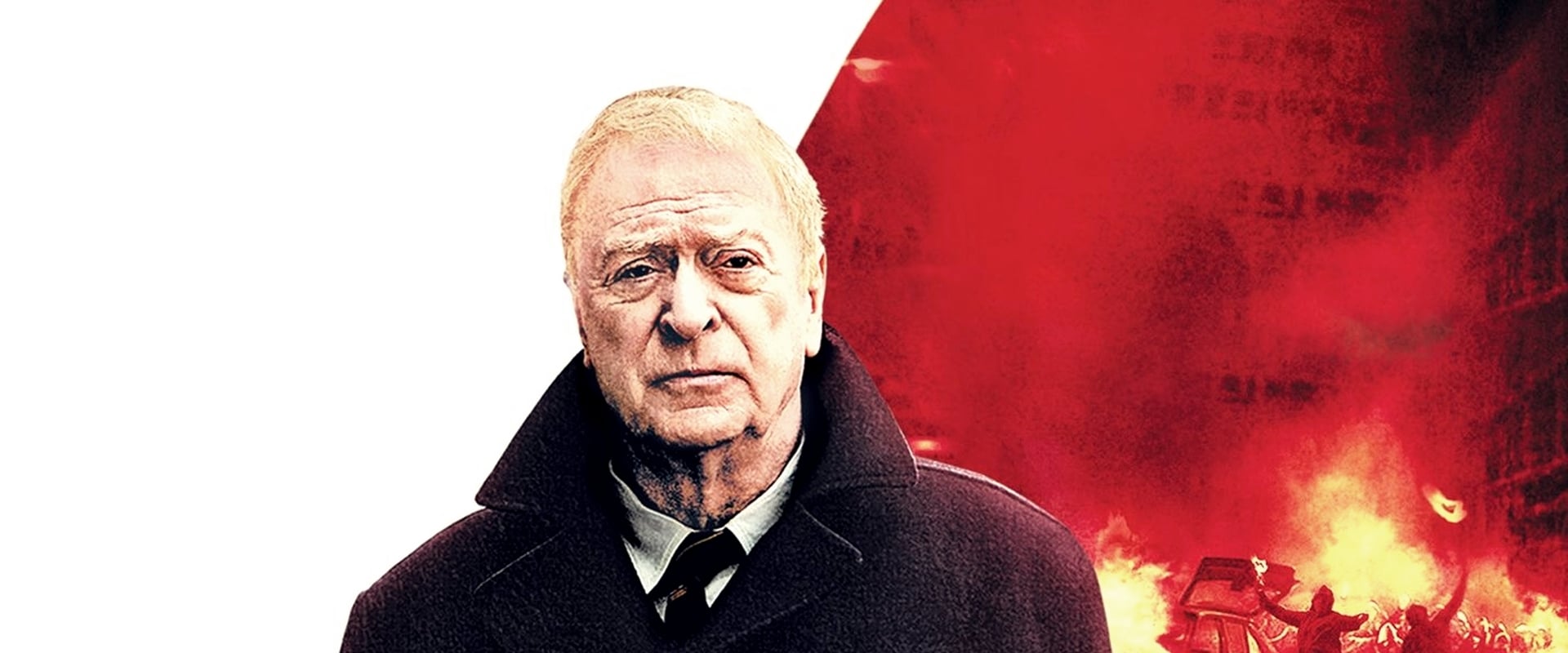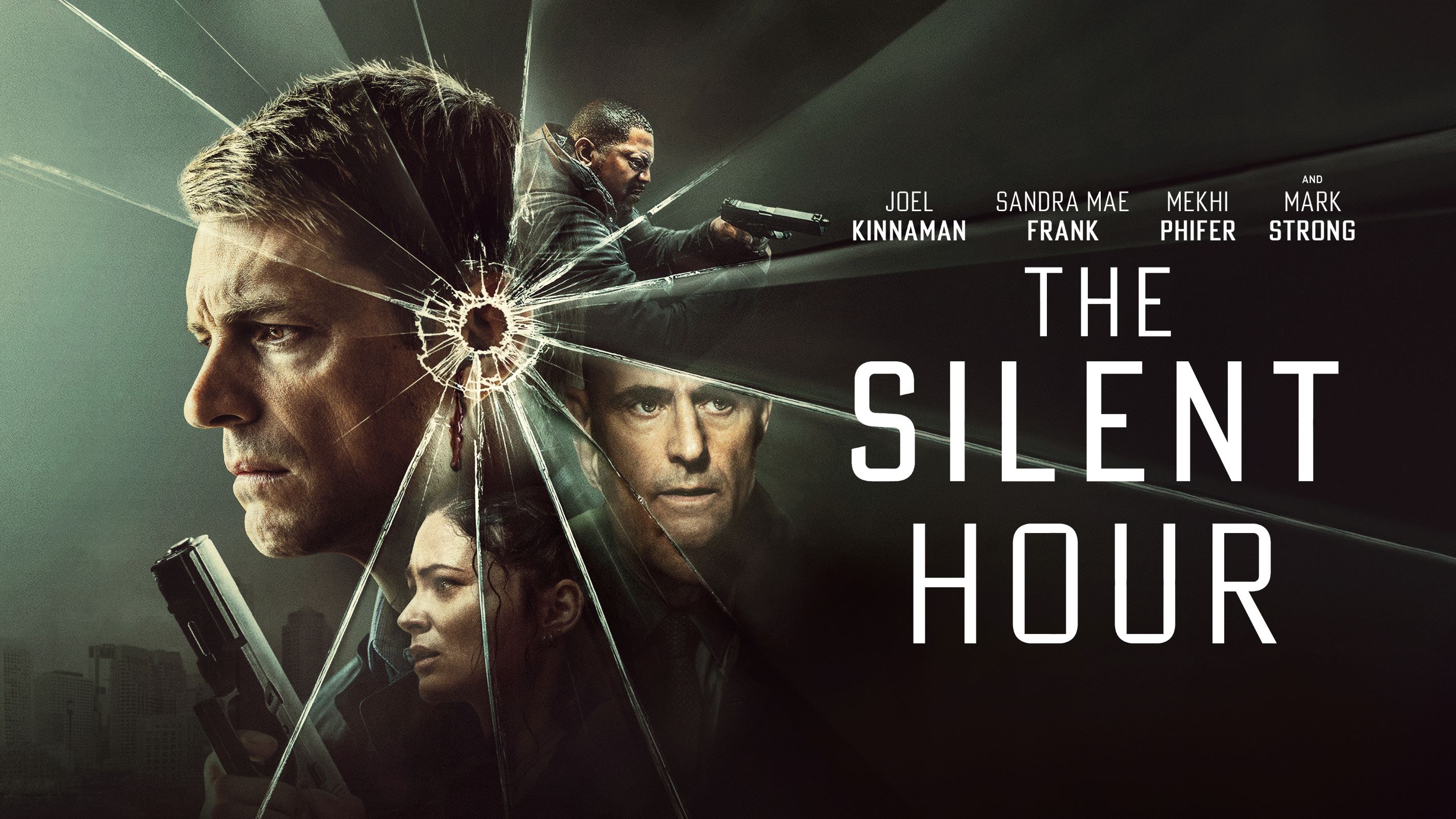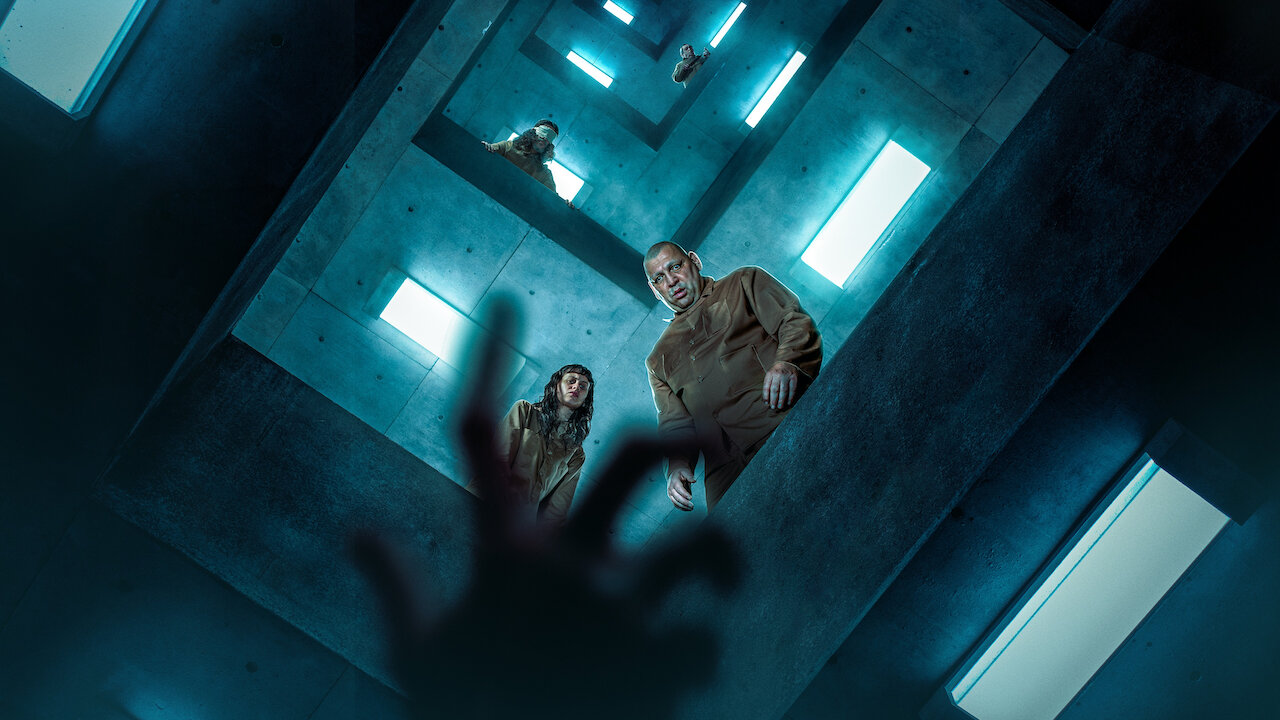“Harry Brown” promises us a plunge into the urban underworld—a movie fit for the midnight oil, bruised and bruising, starring Michael Caine as a one-man answer to the cancer of youth violence. It’s a promise, I’m sorry to say, about as reliable as a travel brochure for Chernobyl.
Character and Plot Overview: The Geriatric Avenger and His Merry Band of Misfits
What we get is vigilante pulp filtered through a haze of English drizzle. The film opens on the wet, gray estates where every wall looks like it’s been crying for years, and the sunlight—when it appears—is more threat than relief. This is the London where hope goes out to pasture, gets mugged, and is replaced by three types of mold.
Into this parade of blight shuffles Harry Brown, a widower and ex-marine with the kind of lived-in melancholy you’d expect from a man whose best friend has just been murdered and whose country, apparently, is at war with its own children. Here is our anti-hero—a pensioner whose greatest weapon is not his army training but his stubbornness, and, perhaps, the fact that he still remembers how to get up in the morning.
Was this ever meant to be a British “Death Wish”? If Charles Bronson were mugged by “Coronation Street,” maybe. Instead of righteous thunder, what we get is the slowest metamorphosis from grieving granddad to reluctant executioner. Michael Caine does what he can: he’s stoic, mournful, and—when the script allows—capable of flashes of menace. But the filmmakers stick him in set piece after set piece where the only muscle flexed is his memory. How many more times can we be reminded that he’s old and deadly, but mostly just old?
The supporting cast lumbers in, too, each more hapless than the last. There’s Emily Mortimer, as DI Frampton, whose idea of policing is to look alternately terrified and weepy—the emotional equivalent of a malfunctioning siren, always going off at the wrong time. The rest of the force is a shambolic ensemble of incompetents: the Keystone Cops for the CCTV generation.
But amid these caricatures, let’s spare a word—and a standing ovation—for Joe Gilgun’s inspired menace, Kenny. Picture a physically vibrating caution sign, a live wire of repressed violence and nervous tics, all wrapped in a sour, half-baked aura. He adjusts his nipple ring, eyes rolling, mouth twitching, like some cross between a scarecrow and a lad from "Trainspotting" who never came down. In a movie starving for energy, Gilgun’s Kenny serves up uncut Grade-A menace with a garnish of dark, feral comedy. “Disturbed” is too gentle; he redefines the category—each scene he’s in is a panic attack played for black laughs.
The film’s technical bravado comes disguised as misery. The cinematography mistakes relentless grayness for gravitas—all cold light and frigid shadows, every shot soaked in malaise. By the time you’ve waded through another montage of drab decay, you start craving the gaudy warmth of a detergent commercial. Scene after scene is accompanied by the bang of gunfire and the shriek of sirens, as if the movie fears silence more than sentiment. It’s all supposed to make you feel alive, but mostly it makes you wish for a brisk walk and a decent sandwich.
Here’s the trouble: “Harry Brown” wants the mythos of the aging action hero, but it serves up a reality far closer to wet socks and waiting rooms. Any real curiosity about the sadness of growing old or the moral cost of violence gets swept under the threadbare rug in favor of cliched posturing and a final-act “twist” that couldn’t shock a goldfish. Even the moments of action feel less like catharsis and more like someone’s granddad losing his way in the supermarket and deciding, what the hell, to demand justice with a can of soup.
To be blunt: This is not a horror, nor a satire, nor even a crime flick with something up its sleeve. It’s a slow, sodden sinkhole of lost chances, haunted by the memory of the better movie it never dared to make. Caine, for all his phoned-in dignity, can’t rescue it from its own torpor, and even Gilgun’s electric insanity is just seasoning on a stew that’s boiled for too long.
The best you can say for “Harry Brown” is that Michael Caine at half-speed is still more watchable than half the working actors alive, and Joe Gilgun could make reading a bus timetable look terrifying. But the film itself? It’s the emperor’s new mac; behind all the grim intent, it’s just a sorry drizzle.
If you insist on suffering through, do it for Kenny—or perhaps to remind yourself what boredom really looks like when dressed as social realism. If not, put your feet up, and let someone else brave the rain. You’ve earned it.


